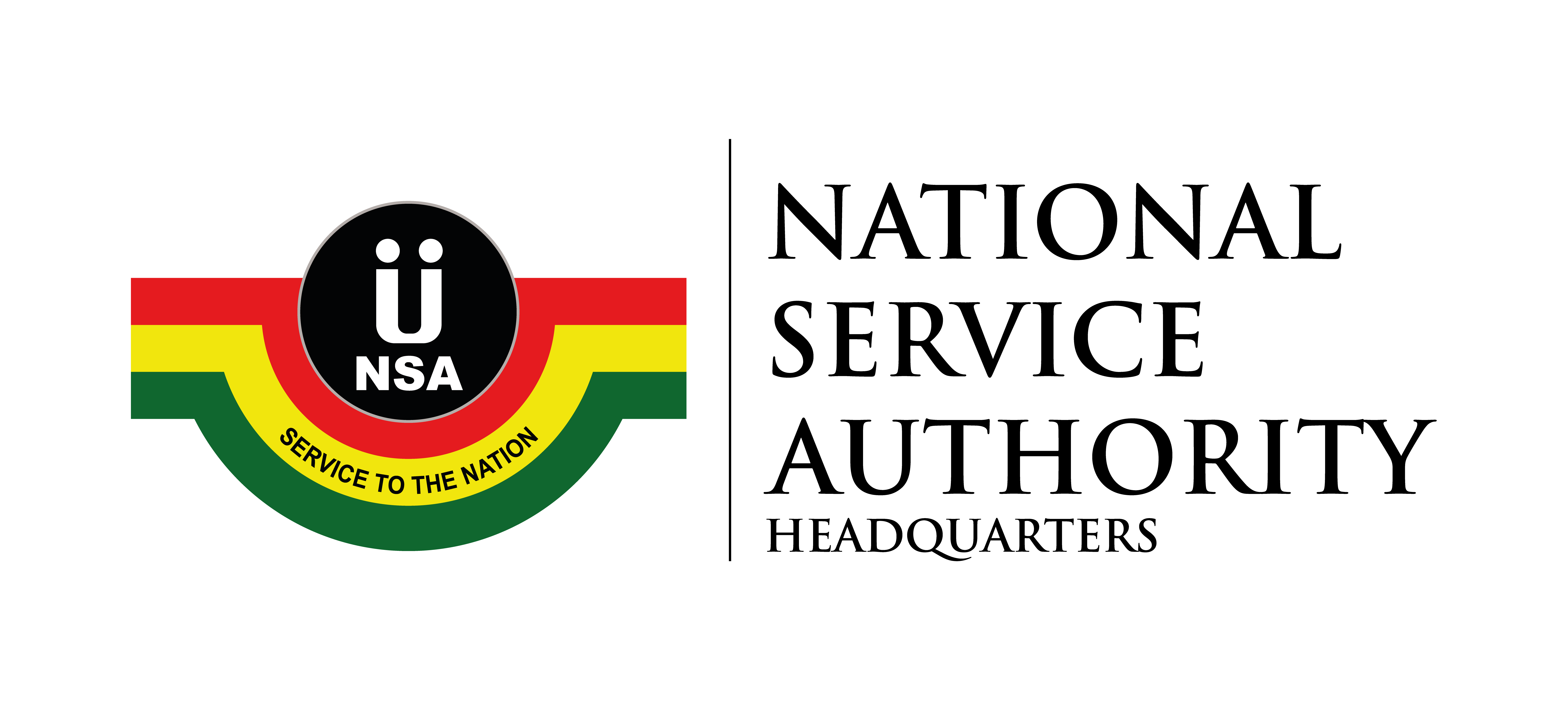
As I listened to the real story, a BBC programme edition on how Lehman’s collapse changed the world, I just could not but appreciate what I term as Lehman Brothers’ Effect.
It is a very fascinating episode that took place in 2008.
A company that has been in existence for 164 years went into oblivion in a matter of hours.
According to www. history.com, Lehman Brothers was a venerable Wall Street brokerage firm.
At the time of it collapse, Lehman Brothers was America’s fourth largest investment bank with some 25000 employees worldwide; but it began as a humble dry goods store founded by German immigrant Henry Lehman in 1844 in Montgomey, Alabama.
After Henry’s brothers, Emmanuel and Mayer joined in 1850, the business became known as Lehman Brothers.
In 1994, American Express, which had acquired the firm a decade earlier, spun Lehman Brothers off in an initial public offering (IPO).
Under the leadership of CEO Richard Fuld, the investment firm began to expand its offerings in the aftermath of the 1999 repeal of the Glass-Steagall Act, which had barred affiliations between commercial banks and investment banks and their activities.
In this newly deregulated financial industry, Lehman Brothers increased its involvement in proprietary trading or trading with the firm’s own money to make a profit for itself, securitisation, derivatives, asset management and real estate.
Now from this brief history, it can be deduced that most companies assume that scale is an advantage and not a tool.
Building business scale and size is a tool that is used in maximising shareholders value.
But it is actually about maximising share value through creating systems of efficiency in listening to customers and innovating for customer needs that really continue to make an organisation relevant and nothing else.
No organisation has the divine right to exist because it is not divine.
Every organisation at one point was a start-up.
As a matter of fact, Lehman Brothers started off as a humble dry goods store.
Yet, what most leaders – managers of large organisations – do is they assume that it is big and it has always been here and therefore deserves to exist.
Now the question is: “Who challenges these big organisations?
Typically, it is the small ones, new market entries, which have high proximity to the customers and have agile business modules; because after the demise of Lehman Brothers, there are still very young organisation that are still thriving as investment firms .
An agile business module means they can easily listen to customer needs and develop it quickly and bring it to the market.
There is a book written by a gentleman called Andrew S. Grove (Founder and former CEO of INTEL) titled ‘Only The Paranoid Survive: How To Exploit The Crisis Point That Challenge Every Company’ that clearly states in conclusion: “It is only the paranoid that indeed survives” after sharing how he navigated the events of the Pentium Flaw, which threatened his organisation and how he dealt with the explosions in growth of the Internet (new entry).
He writes: “But the fact remains that when it comes to business, I believe in the value of Paranoia”. To those who suffer from clinical delusions of persecutions, of course, Paranoia is neither a joke nor a help.
However, in a business context, the practice of voluntarily being highly concerned about potential threats to your company has something of a following.
So as a large business, you need to be constructively paranoid about your organisation, your market, your systems, your customers and you have to consistently ask yourself: “Do we still have the right to exist or we exist just because we are big”!
Scalability should never be an organisation obsession; rather, how to always ensure it has the ability to listen to its customers in real time and respond in real time to their needs.
Think about it!
The post Mindset: Business right to exist appeared first on The Business & Financial Times.
Read Full Story


















Facebook
Twitter
Pinterest
Instagram
Google+
YouTube
LinkedIn
RSS